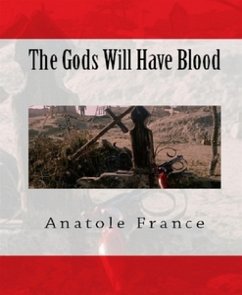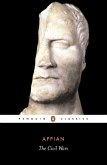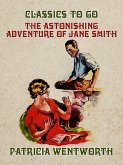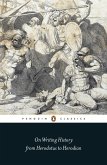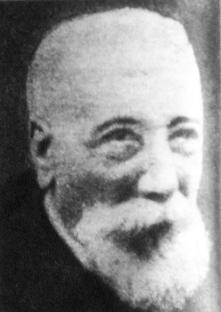The Gods Will Have Blood a novel by Anatole France. It is a fictional story set during the French Revolution. The story of the infernal rise of Évariste Gamelin, a young Parisian painter, involved in the section for his neighborhood of Pont-Neuf, it describes the dark years of the reign the Reign of Terror in Paris. The long, blind train of speedy trials drags this idealist into a madness that cuts off the heads of his nearest and dearest, and hastens his own fall as well as that of his mentor Robespierre His love affair with the young watercolor-seller Élodie Blaise heightens the terrible contrast between the butcher-in-training and the man who shows himself to be quite ordinary in his daily life. Justifying this dance of the guillotine by the fight against the plot to wipe out the gains of the Revolution Gamelin is thirsty for justice, but also uses his power to satisfy his own vengeance and his hatred for those who do not think like him. The long, blind train of speedy trials drags this idealist into a madness that cuts off the heads of his nearest and dearest, and hastens his own fall as well as that of his mentor Robespierre in the aftermath of the Thermidorian Reaction. His love affair with the young watercolor-seller Élodie Blaise heightens the terrible contrast between the butcher-in-training and the man who shows himself to be quite ordinary in his daily life. Justifying this dance of the guillotine by the fight against the plot to wipe out the gains of the Revolution, in the midst of the revolutionary turmoil that traverses Paris, Gamelin is thirsty for justice, but also uses his power to satisfy his own vengeance and his hatred for those who do not think like him. He dies by that same instrument of justice that up until then has served to satisfy his own thirst for blood and terror. Gamelin's profession of painter also reflects on the book's theme. His best work is a depiction of Orestes and Electra, with Orestes resembling a self-portrait of the artist; Gamelin, like Orestes, is capable of killing his family. Élodie later comes to be identified with Electra - though, in her affair with Gamelin, where she loves him first for his mercy and then for his violence, and takes a less radical lover after he dies, she also represents France.
Dieser Download kann aus rechtlichen Gründen nur mit Rechnungsadresse in A, B, CY, D, DK, EW, E, FIN, F, GR, IRL, I, L, M, NL, P, S, SLO, SK ausgeliefert werden.

